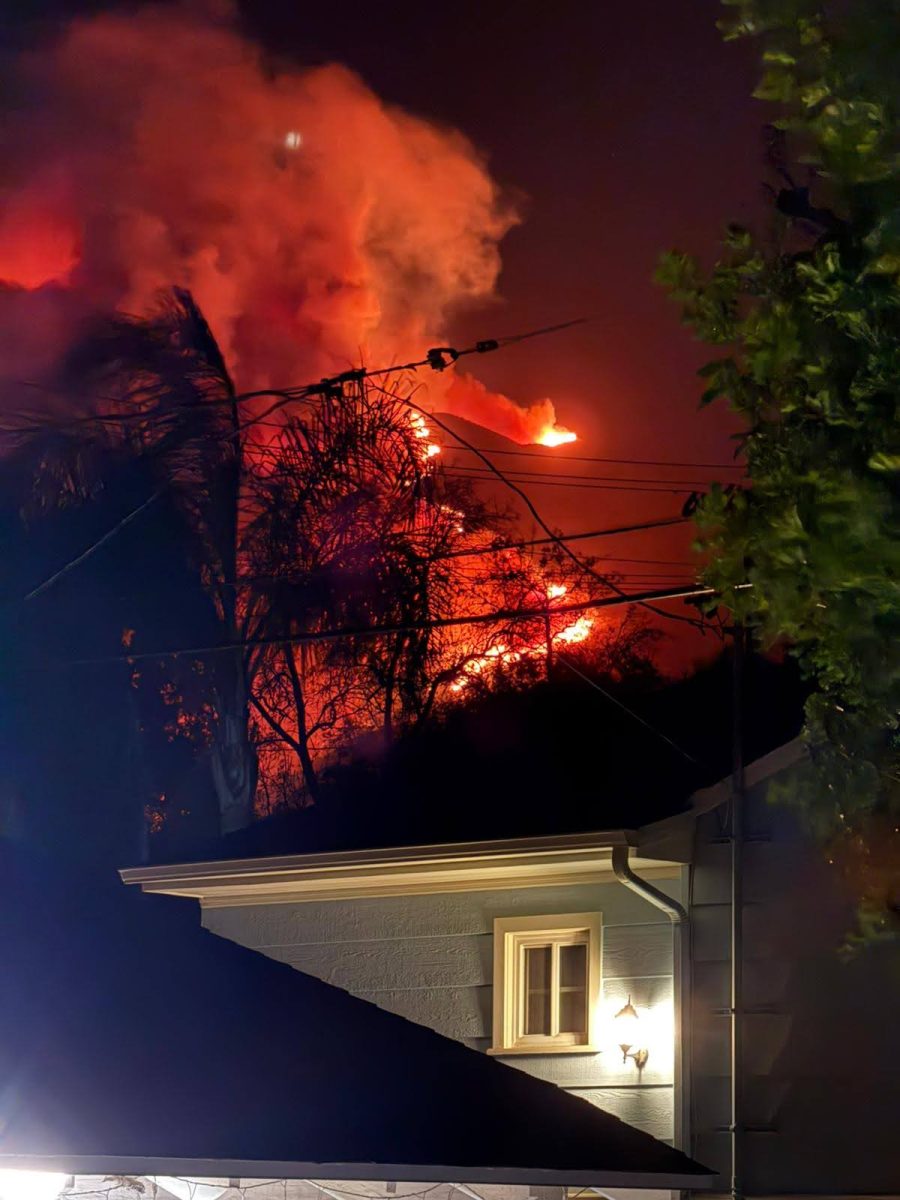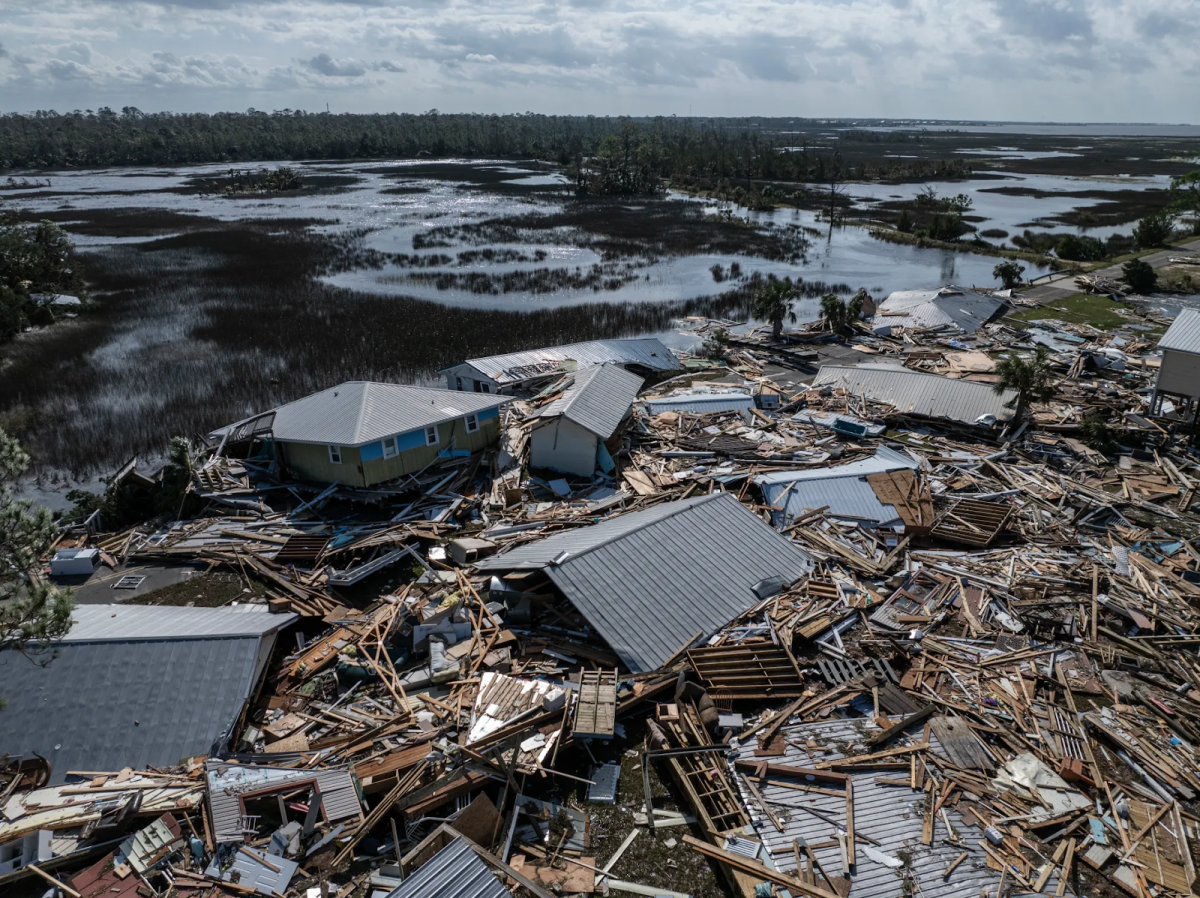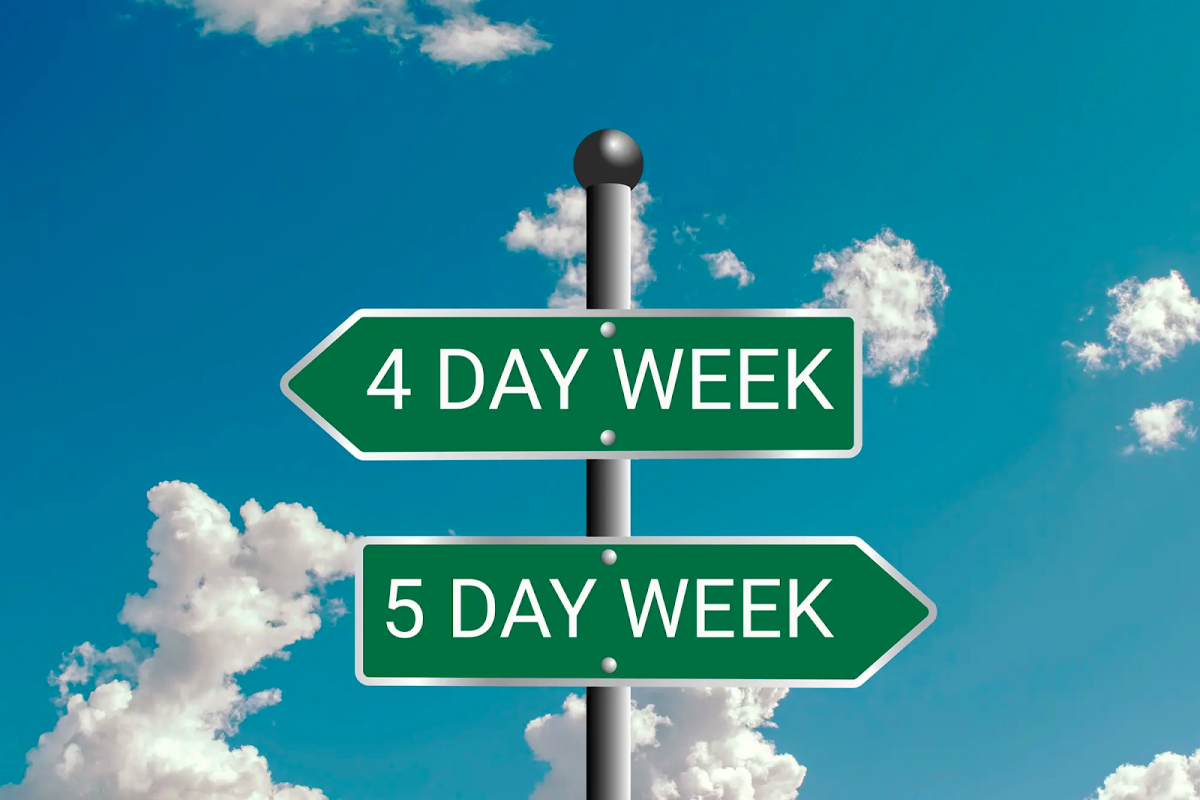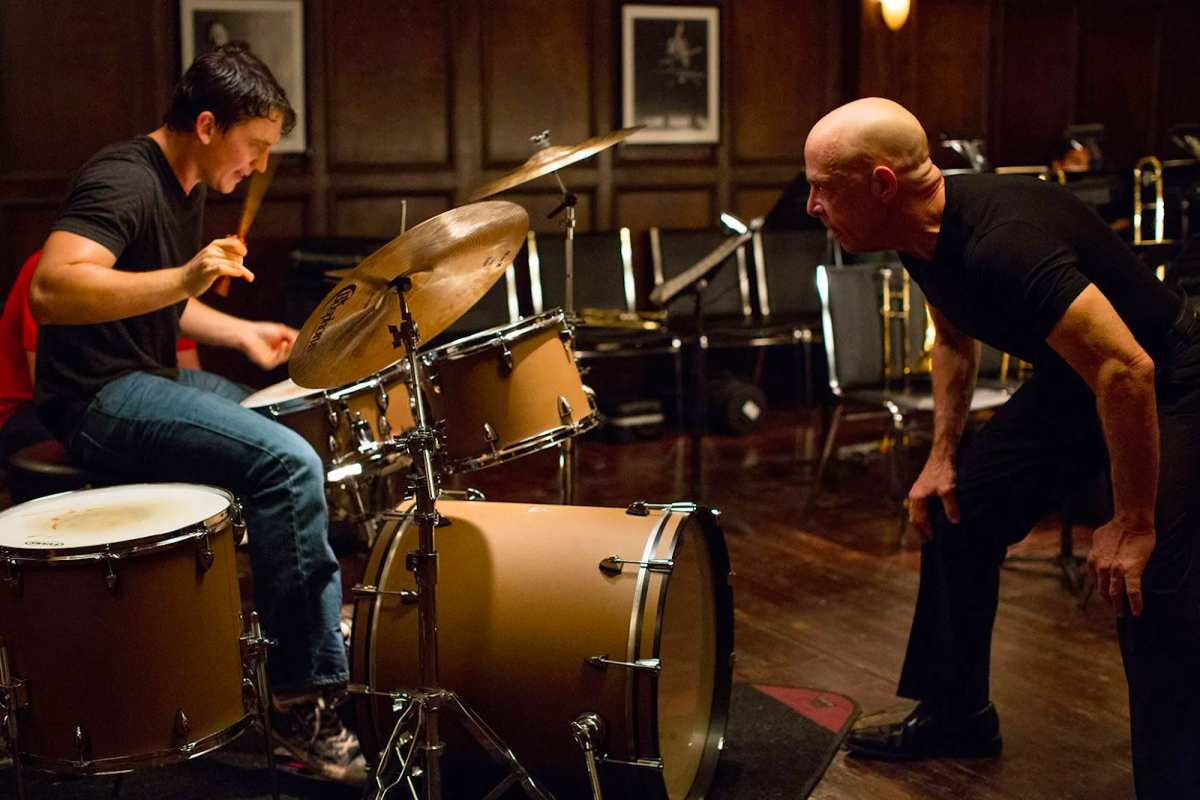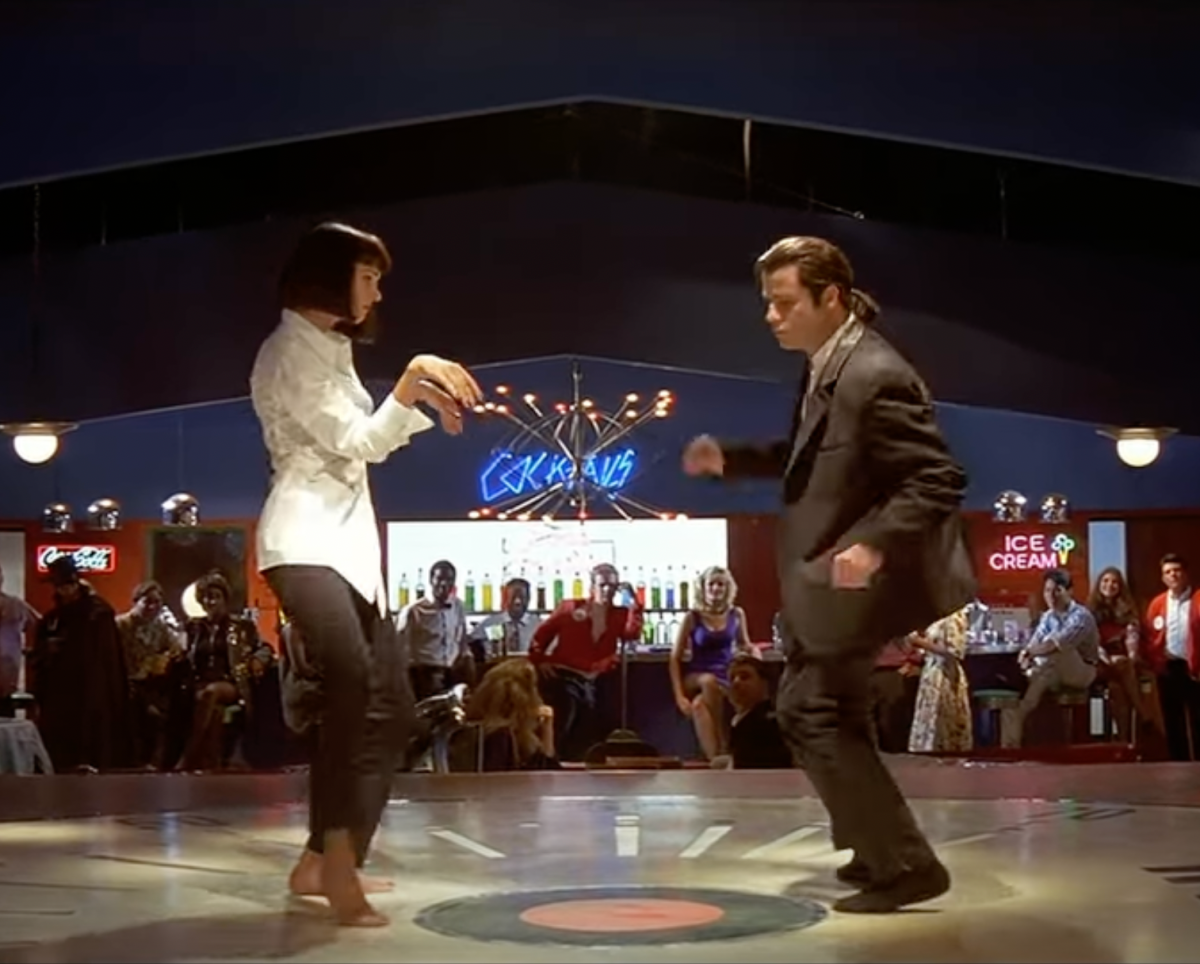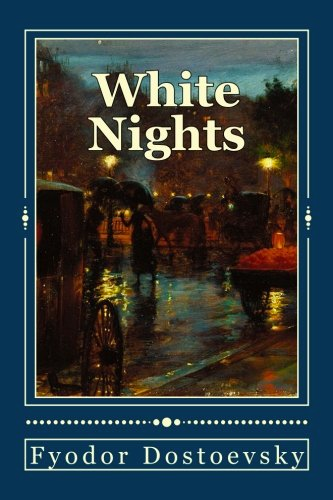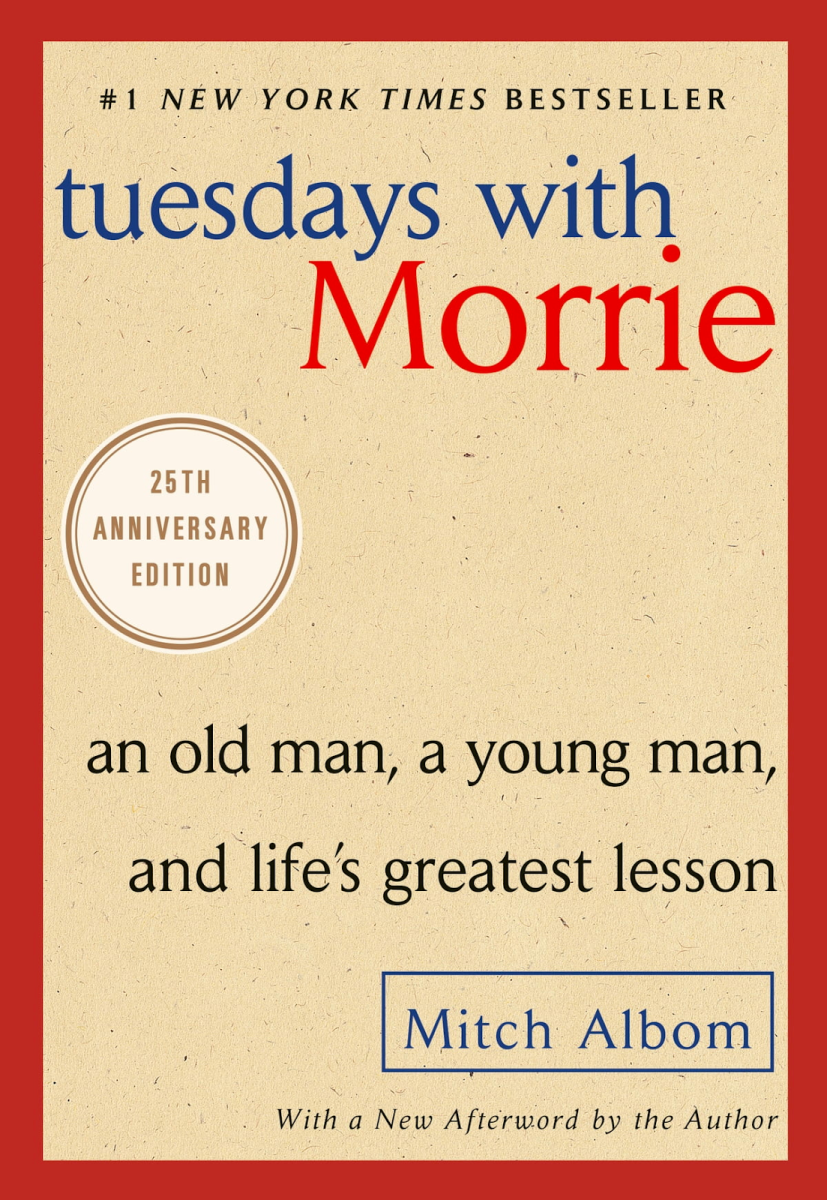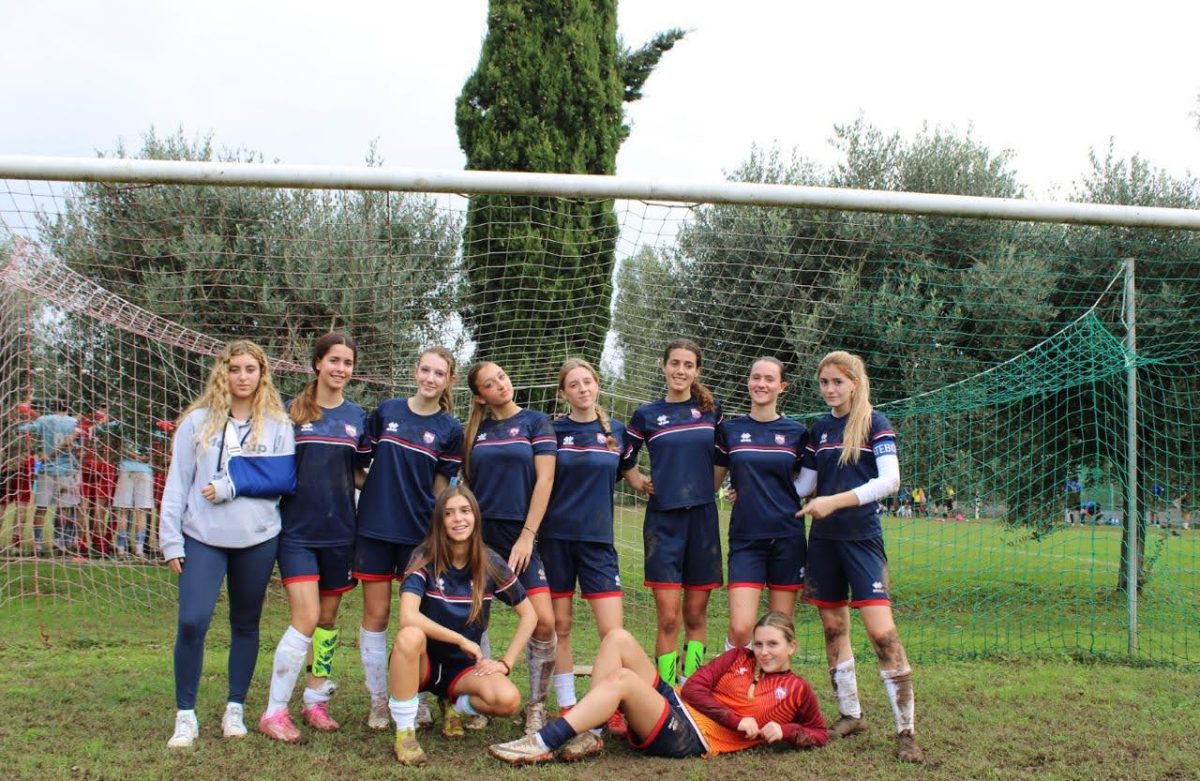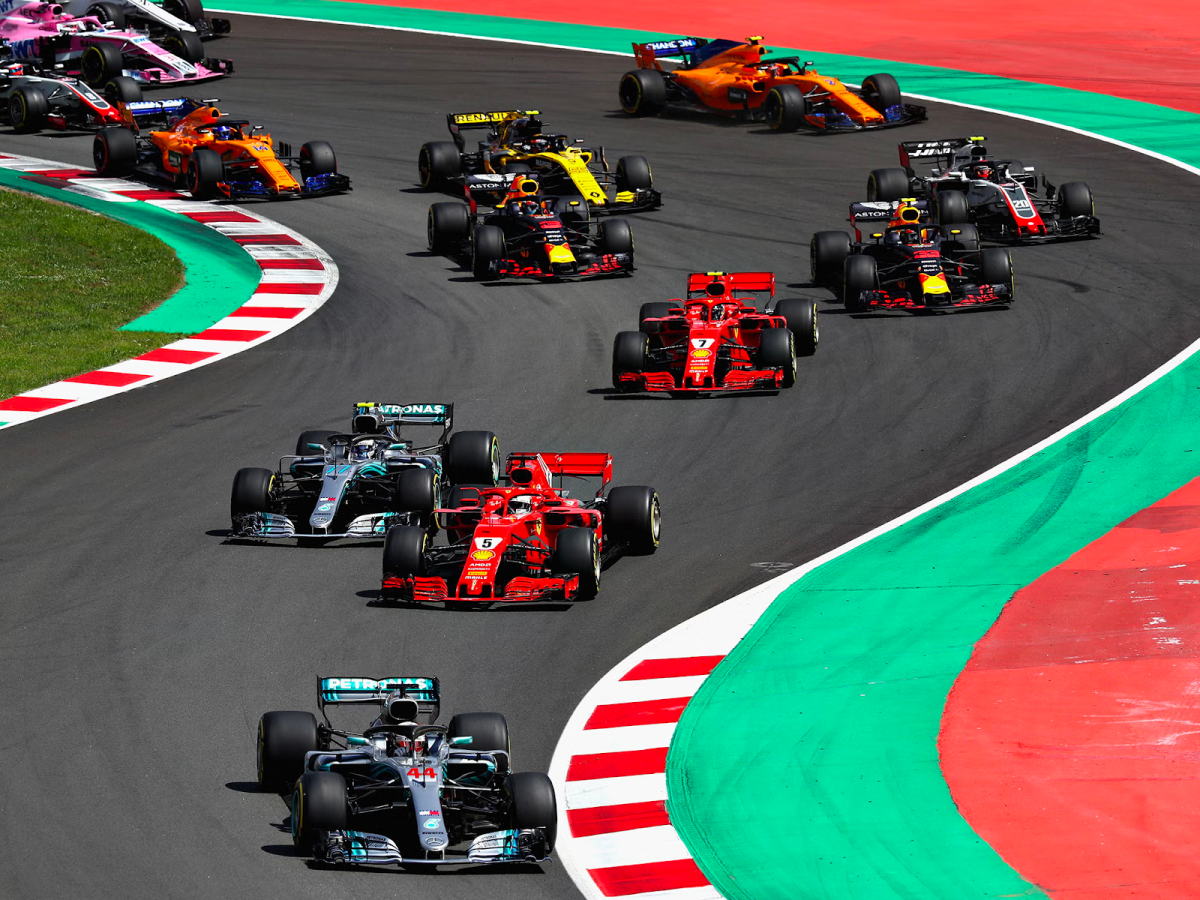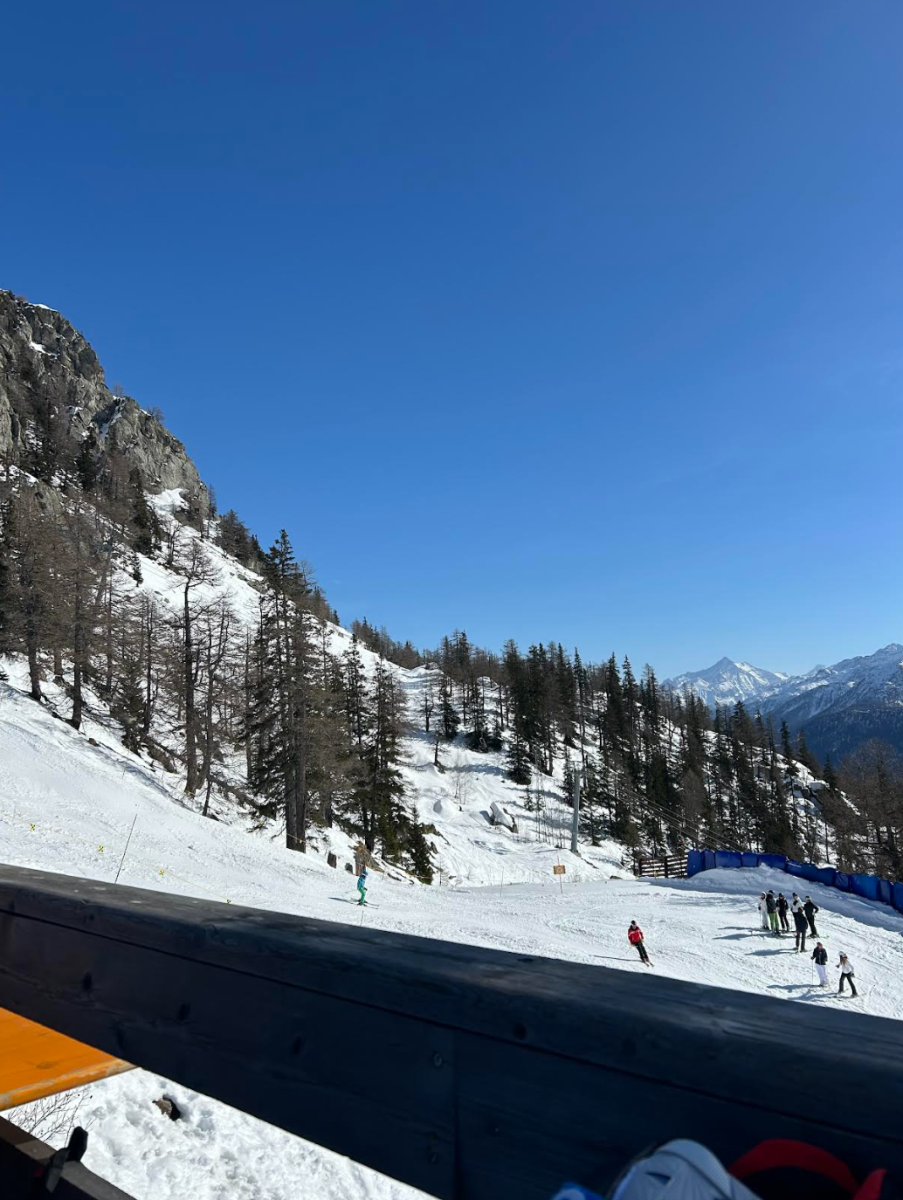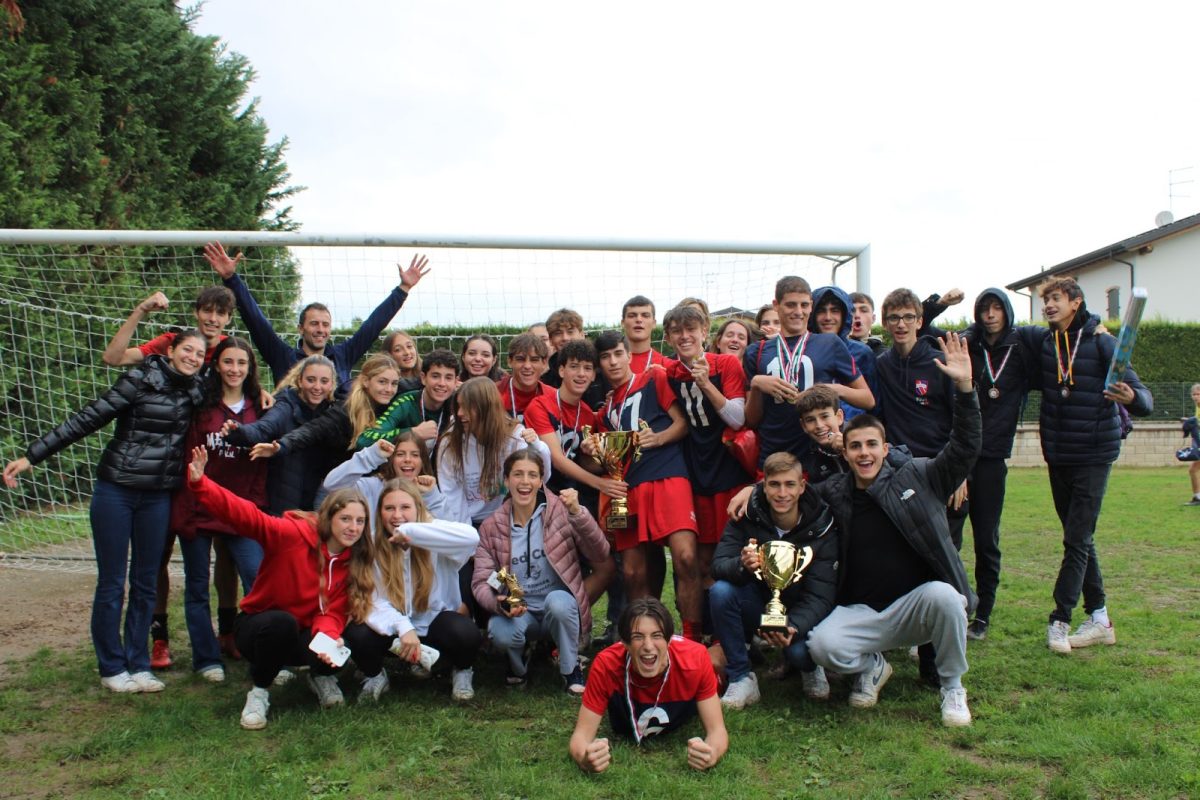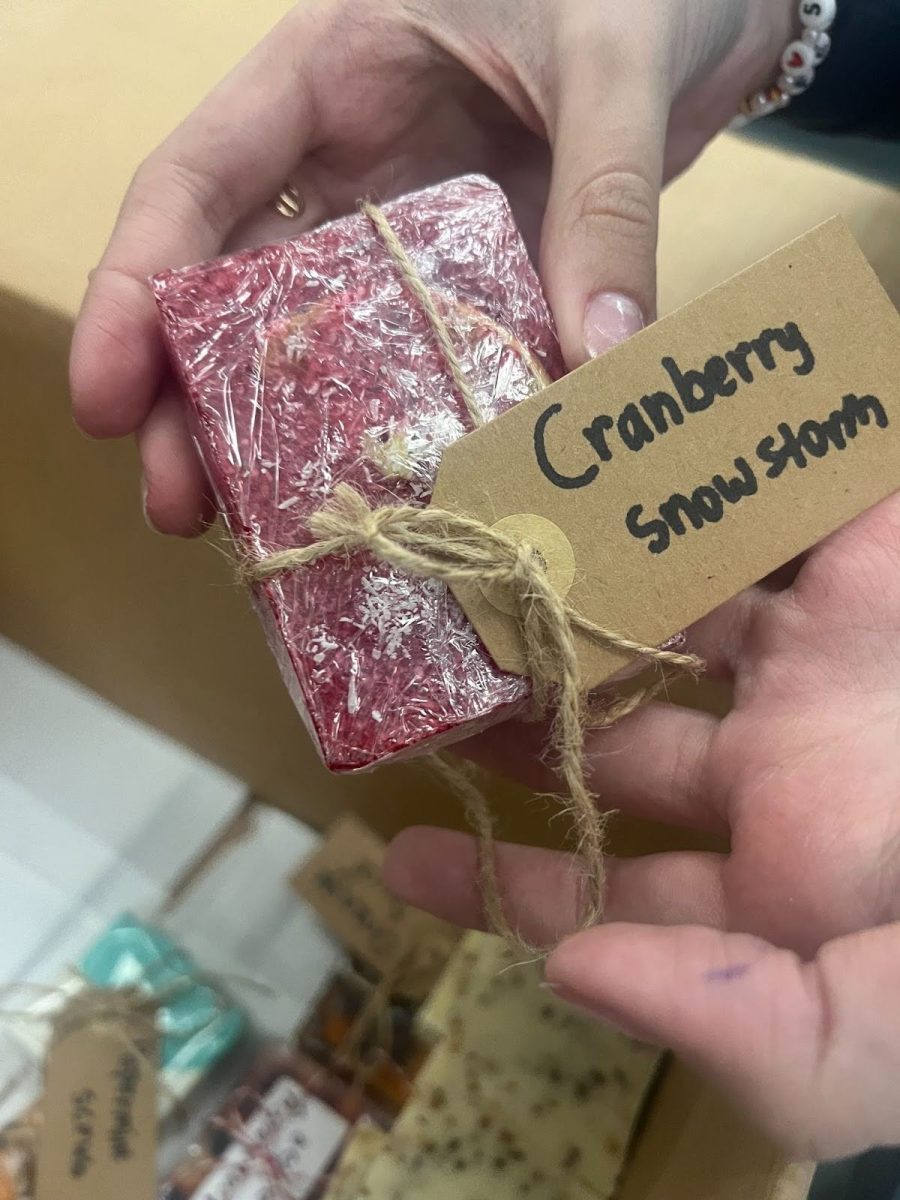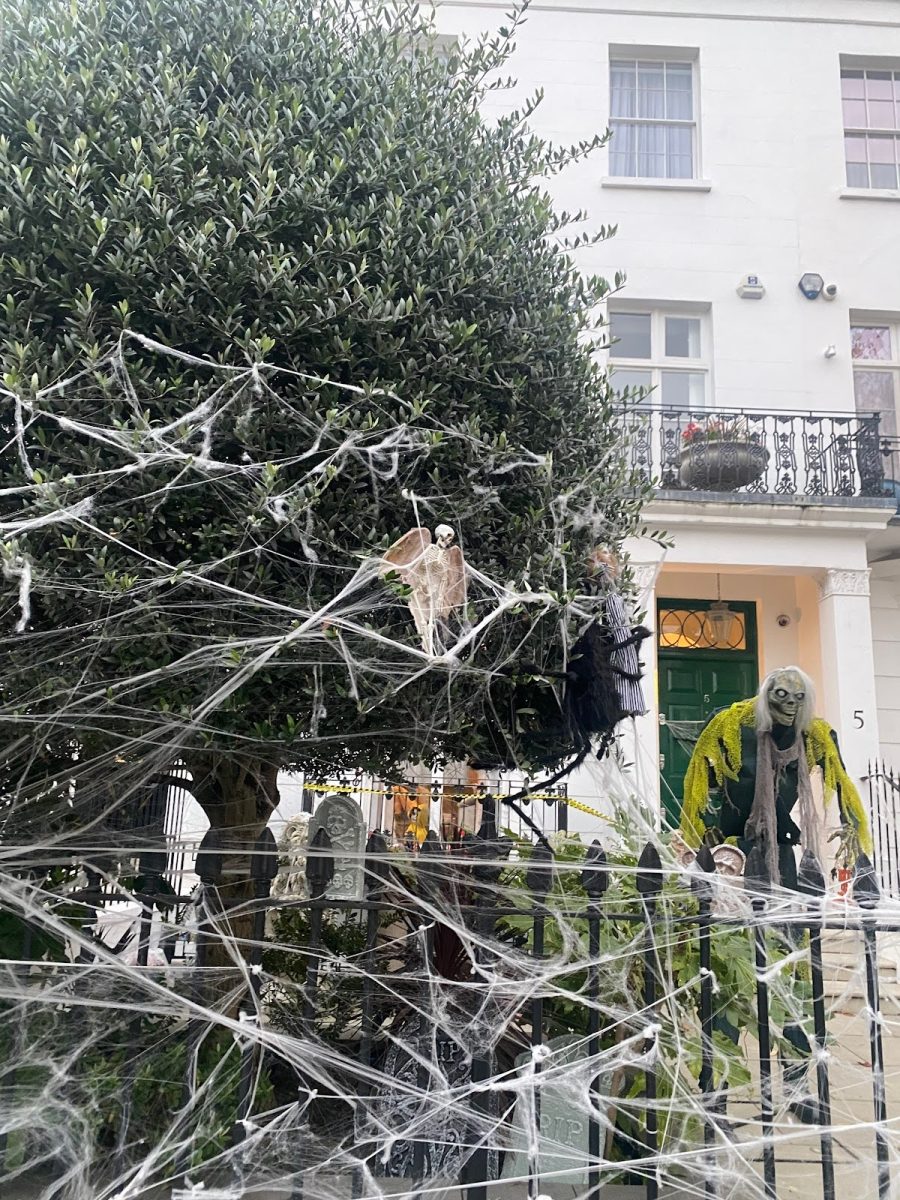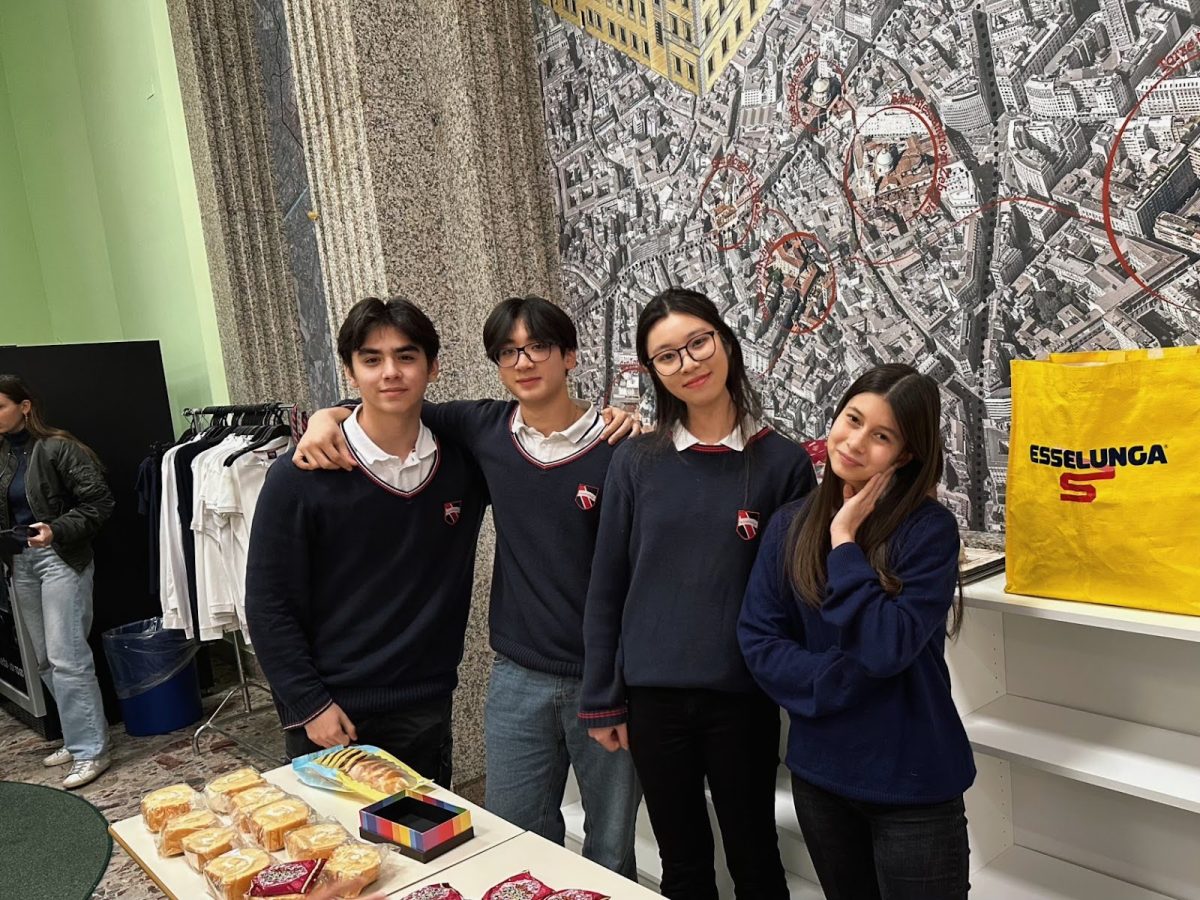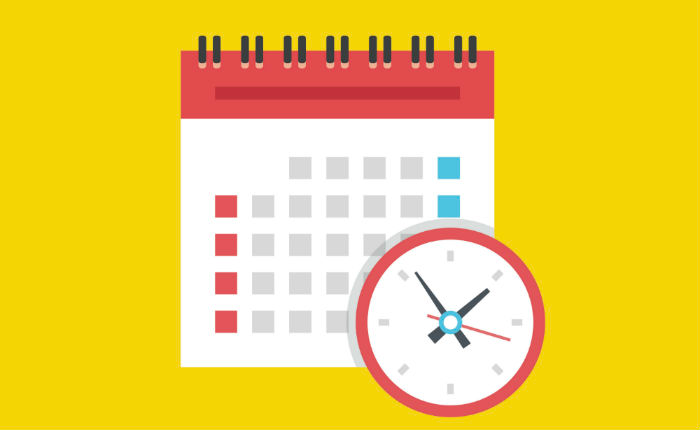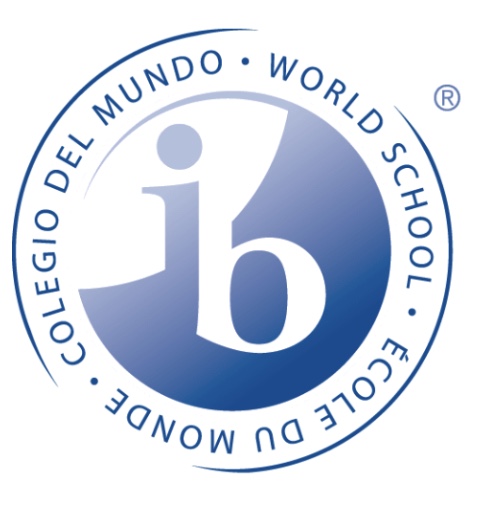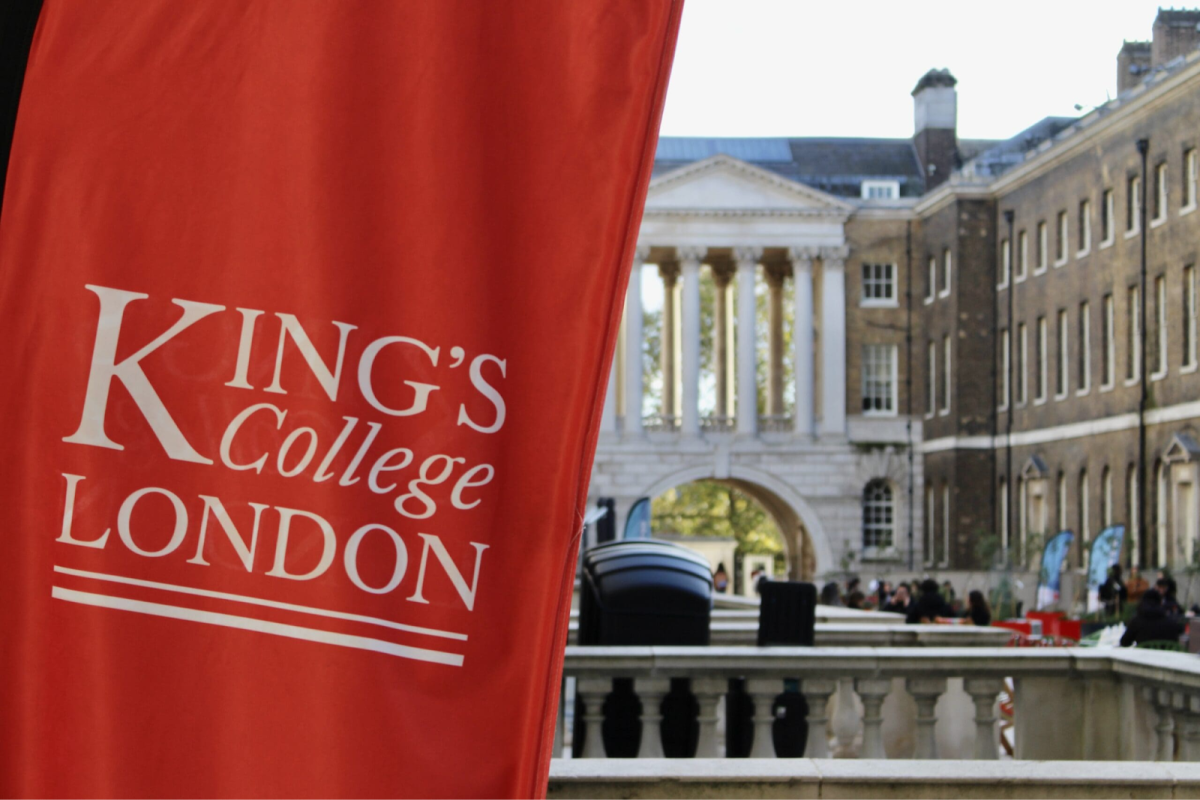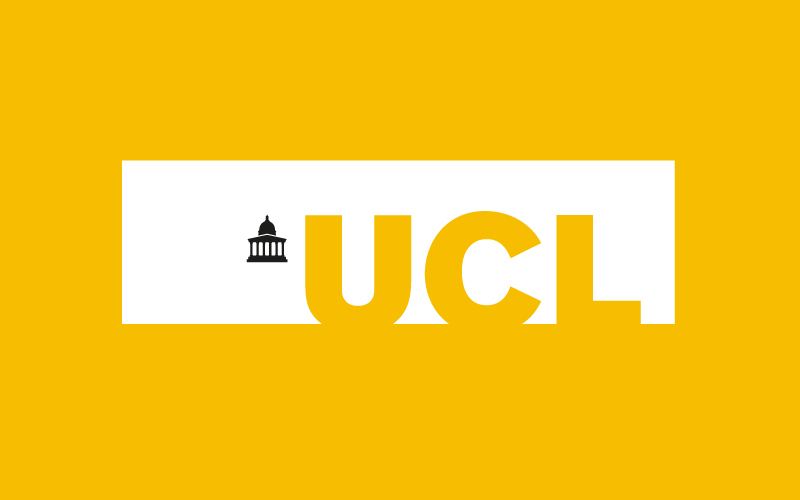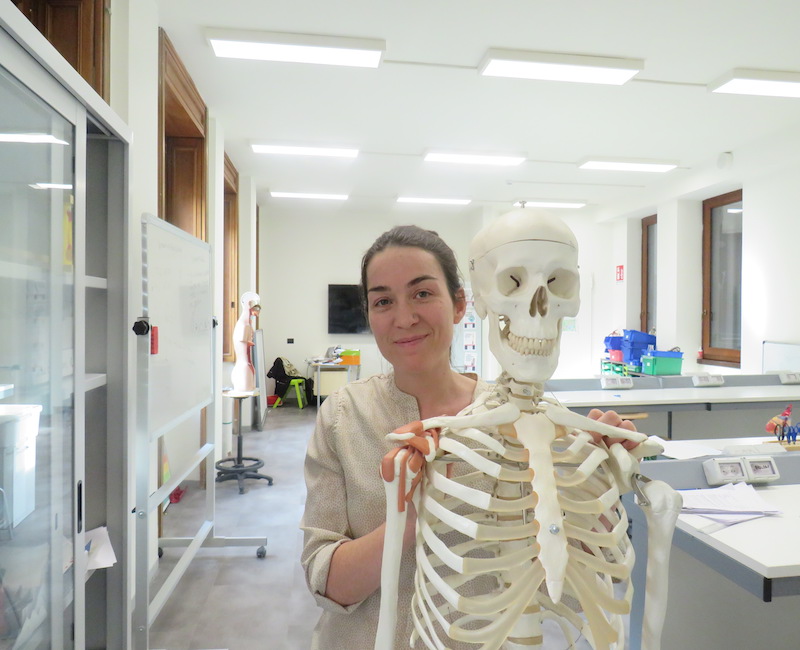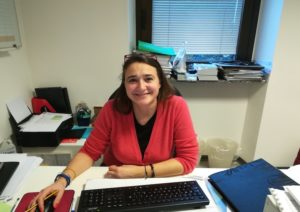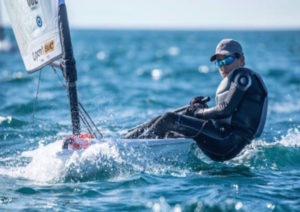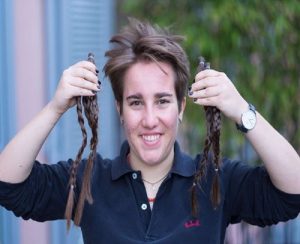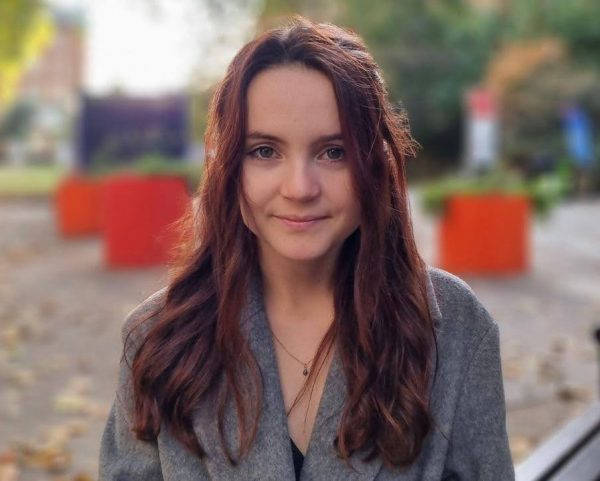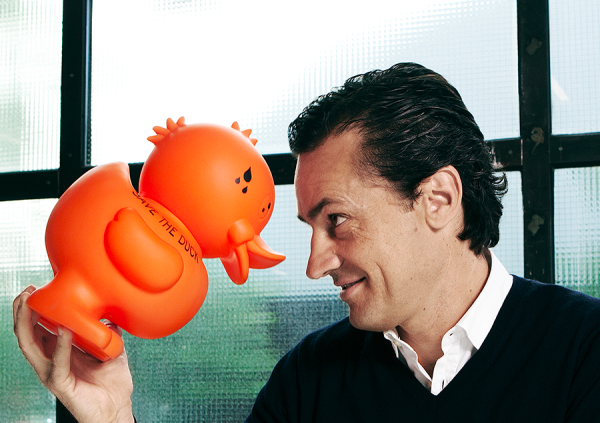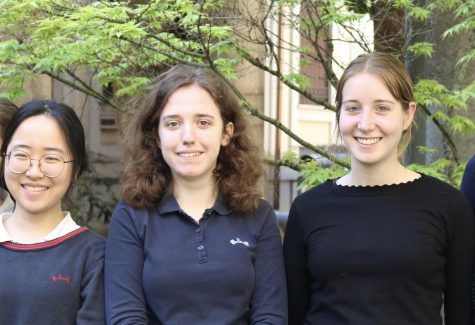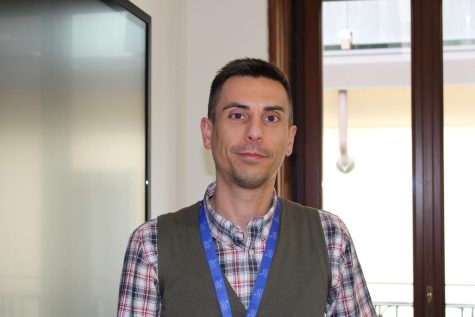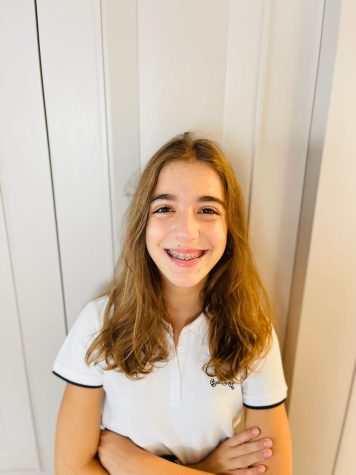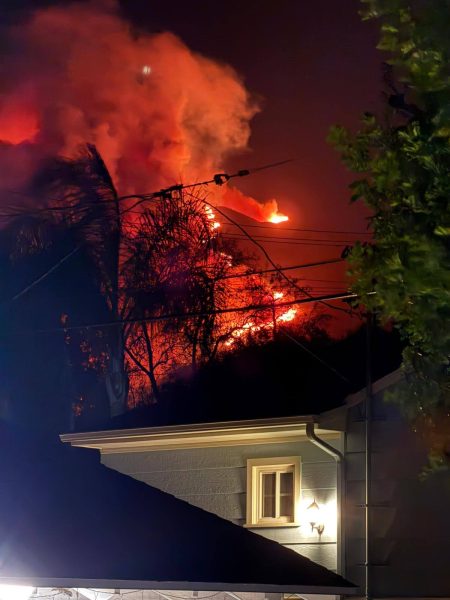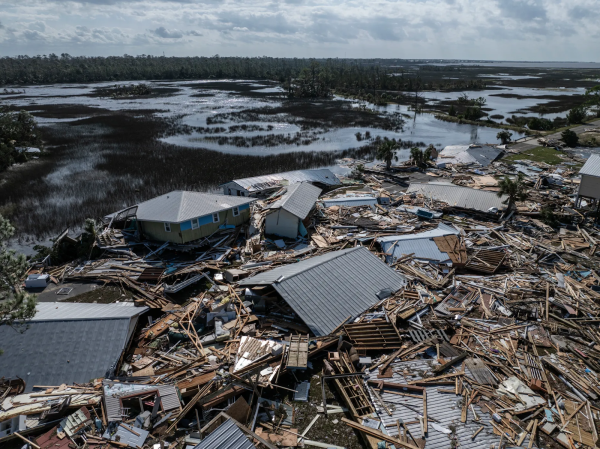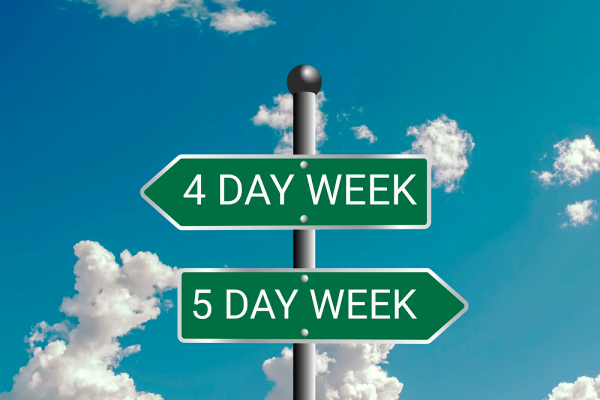Five Minutes With…Miss Geddes
Miss Geddes in her lab
This week Spirit of St. Louis had the chance to interview Miss Geddes. At first glance, you might not imagine all the adventures she has been on, from teaching in Ethiopia to donating bone marrow! This interview will provide better insight into what an interesting person she is…
Good afternoon Miss.
G: Good afternoon.
What brought you to make your decision of donating bone marrow?
G: Ok, so, when I volunteered to join the bone marrow register, I hadn’t really, seriously considered the possibility that they would actually call upon me to donate bone marrow. It was just a stand at a university fair, similar to the CAS fair I guess, and it seemed like a good idea at the time. So I signed up, probably quite not as informed as I should have been, and didn’t think much about it.
Which part of your stay in Ethiopia impacted you the most?
G: Ah, good question. Whilst I was in Ethiopia I, unfortunately, contracted malaria. So for one week, I was very sick. I had lots of horrible symptoms, the most serious was having a very high fever, it was around 46°C at the time so I was very hot with a very high temperature.
What brought you to Ethiopia, and what made you come to Italy?
G: I had been teaching at the same school in Birmingham, Uk, for 9 years and I wanted to try something new. I saw an opportunity to train teachers in the Ethiopia setting, which was within a refugee camp and I thought it would be a worthwhile thing to do, which was very different from my experiences in the UK.
And you asked me why in Milan?
Yes, Miss.
G: I guess on my journey home back to the UK I thought, “I am not quite ready to go back to the UK”. I’ve got quite a taste for trying new cultures, new food, new geography and so on, but I also really missed teaching biology in a classroom. St. Louis looked like a wonderful school to teach biology in a lovely country.
What is the most important part of teaching for you?
G: Hmm, the most important part of teaching for me is when students find things interesting and relevant. So if you are teaching a topic for example like mitosis and students make the link between mitosis and cancer and they see why what they are learning is important in their day to day life.
What impacted you the most in your journey as a teacher? Can you talk about it?
G: I taught one student many years ago, and he was really negative about biology. He thought he wasn’t very good at biology, but he really liked physics. I was determined to show him that actually, biology was a really important subject. The way I did this was by showing him various cross-curricular links between physics and biology, so like for example prosthetic limbs or an insulin pump. And he ended up doing a very particular degree. It was like a biophysics degree. It was combining the two. So I was very proud that I was able to convince him that biology wasn’t rubbish!
What is the most important lesson you would like to teach your pupils?
G: I think that it is very important to engage with the mistakes you make and try to improve them and not always to focus on your grade.

